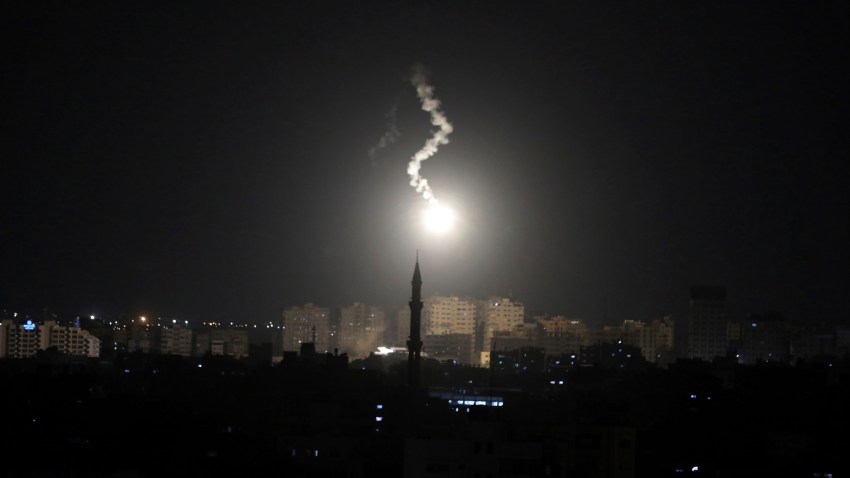Ever since Hamas launched its brutal attack against Israel two weeks ago, a debate has been raging among analysts and observers over whether the attack and the war it has triggered reflect broader trends in the global order or, to the contrary, the conflict is driven exclusively by discrete local factors.
Among the former are WPR columnist Paul Poast, who argued the conflict must be seen in the context of a global security order frayed by the war in Ukraine; and David Leonhardt and Noah Smith, who posited that it reflected—and was facilitated—by the end of the so-called Pax Americana.
Arguing the latter case is Andrew Exum, a good friend and former WPR columnist who also has first-hand professional experience of the local dynamics of the Israel-Hamas conflict from his time as the deputy assistant secretary of defense for Middle East policy from 2015-2017.* Exum characterizes the claim that the current conflict demonstrates U.S. weakness as one of the “four misconceptions” about the war. As counterexamples, Exum points to the Second Intifada in 2000 and the Israel-Hezbollah war of 2006, when the U.S. was at the height of its unipolar power. “Disregard pundits searching for any deeper geopolitical meaning in this war,” he counsels. “You will not find any.”

